As you’ve likely heard, Anik G1 successfully launched from the Baikonur Cosmodrome in Kazakhstan on April 16, 2013. G1 is the newest member of the Anik family, which has a proud spot in Canadian satellite history. Here’s a brief rundown of the rest of the Anik series:
Background
The name “Anik” means “little brother” in Inuktitut. The name was submitted in a national competition in 1969 by Julie-Frances Czada of St. Leonard, Quebec. It was selected due to the symbolism of bringing Canadians together and building a national brotherhood. The Anik series has been developed by Telesat, a Canadian company headquartered in Ottawa.
Anik A Series
| Satellite Name | Date Launched | Date Decommissioned |
| Anik A1 | November 9, 1972 | July 15, 1982 |
| Anik A2 | April 20, 1973 | October 6, 1982 |
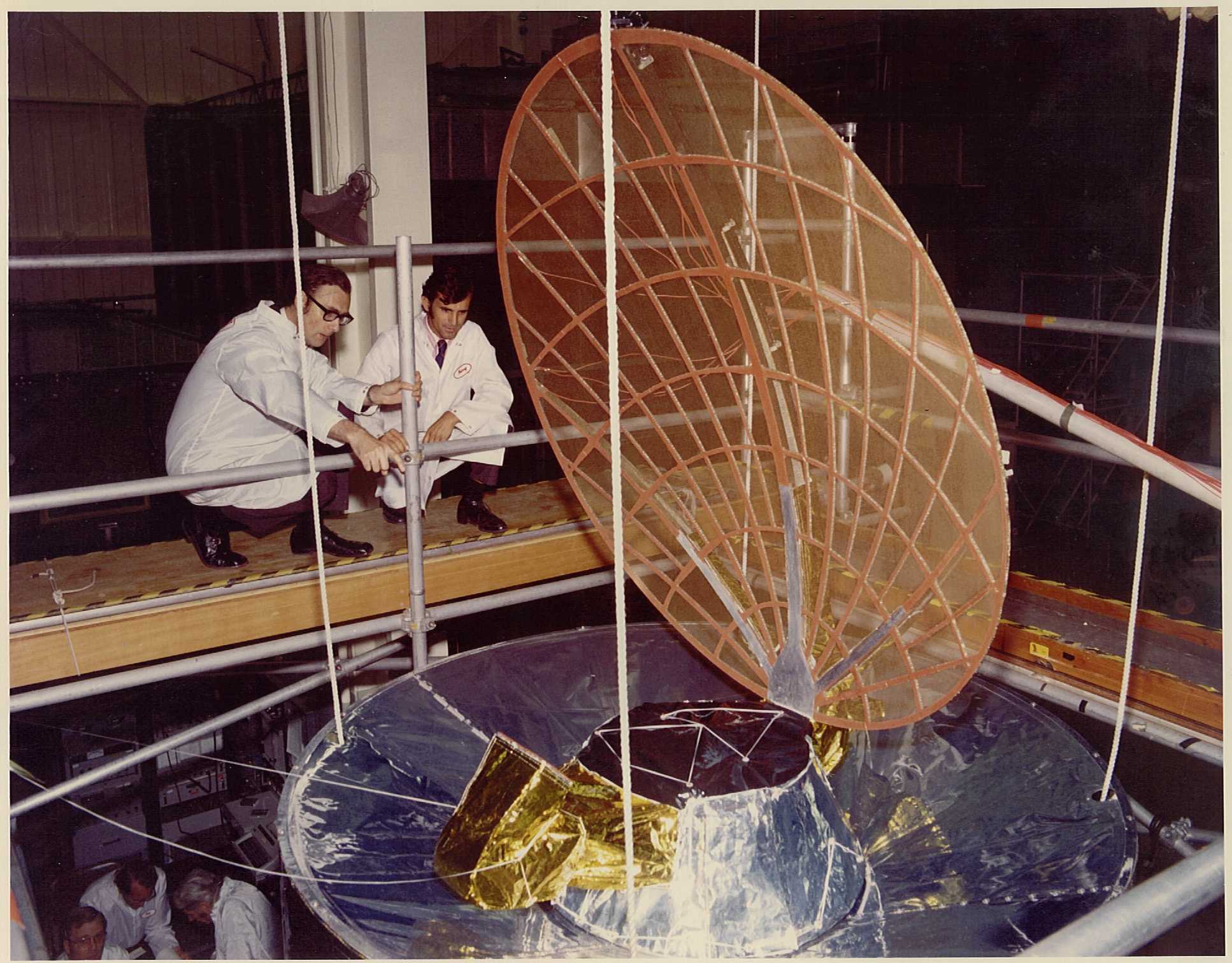
CBC was able to reach the Canadian north, and allowed extended phone service to the region as well. CBC was the first broadcaster to use a satellite for distribution of service on a full-time basis.
Anik B Series
| Satellite Name | Date Launched | Date Decommissioned |
| Anik B | December 15, 1978 | December 1, 1986 |

Anik B was used by the Globe and Mail to transmit copy to printing plants across Canada, and carried eastern and western feeds of CBC, CBC Parliamentary Television Network, CITY-TV Edmonton, CHCH Hamilton, and TVOntario.
Anik C Series
| Satellite Name | Date Launched | Date Decommissioned |
| Anik C1 | April 12, 1985 | May 5, 2003 |
| Anik C2 | June 18, 1983 | January 7, 1998 |
| Anik C3 | November 11, 1982 | June 18, 1997 |
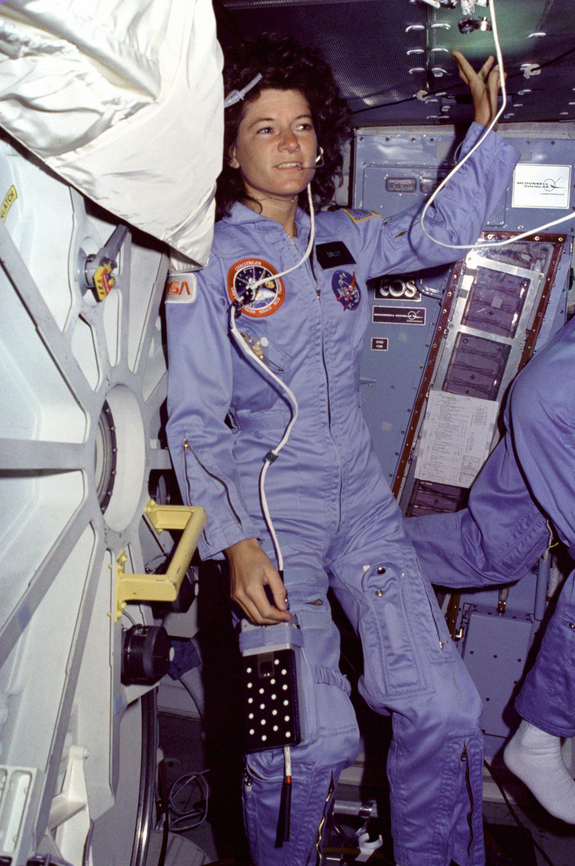
Anik C3 was used to carry Canada’s first pay-TV networks, including Superchannel (now Movie Central), First Choice (now The Movie Network), Premier Choix (Now Super Écran), Knowledge Network, and more. C3 was launched by the Space Shuttle Columbia, which disintegrated during re-entry on February 1, 2003. Anik C2 was launched by the Space Shuttle Challenger, which disintegrated after launch on January 28, 1986. The mission that launched C2 was also saw the first American woman in space, Sally Ride.
Anik D Series
| Satellite Name | Date Launched | Date Decommissioned |
| Anik D1 | August 26, 1982 | December 16, 1991 |
| Anik D2 | November 8, 1984 | January 31, 1995 |
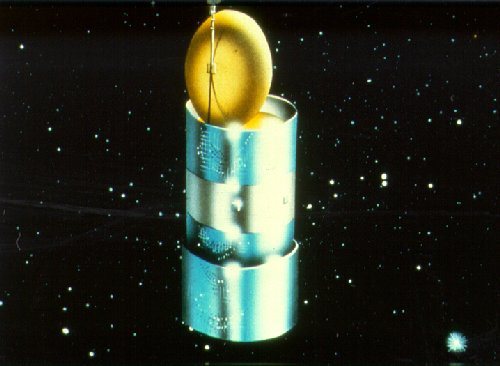
The D series carried channels from CANCOM (now Shaw Broadcast Services), who was the first carrier to offer consumers direct broadcast satellite (DBS) services for their television needs.
Anik E Series
| Satellite Name | Date Launched | Date Decommissioned |
| Anik E1 | September 26, 1992 | January 18, 2005 |
| Anik E2 | April 4, 1991 | November 23, 2005 |
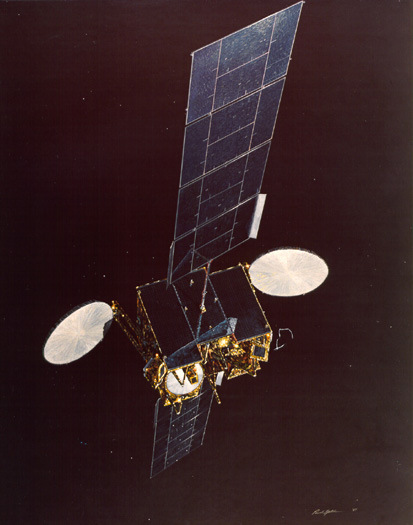
Anik E1 was the most powerful satellite in commercial use for North America at the time of its launch. It was able to carry 56 television channels, compared to the standard of 16 during this period.
Anik F Series
| Satellite Name | Date Launched | Date Decommissioned |
| Anik F1 | November 21, 2000 | Still in service |
| Anik F1R | September 9, 2005 | Still in service |
| Anik F2 | July 17, 2004 | Still in service |
| Anik F3 | April 10, 2007 | Still in service |
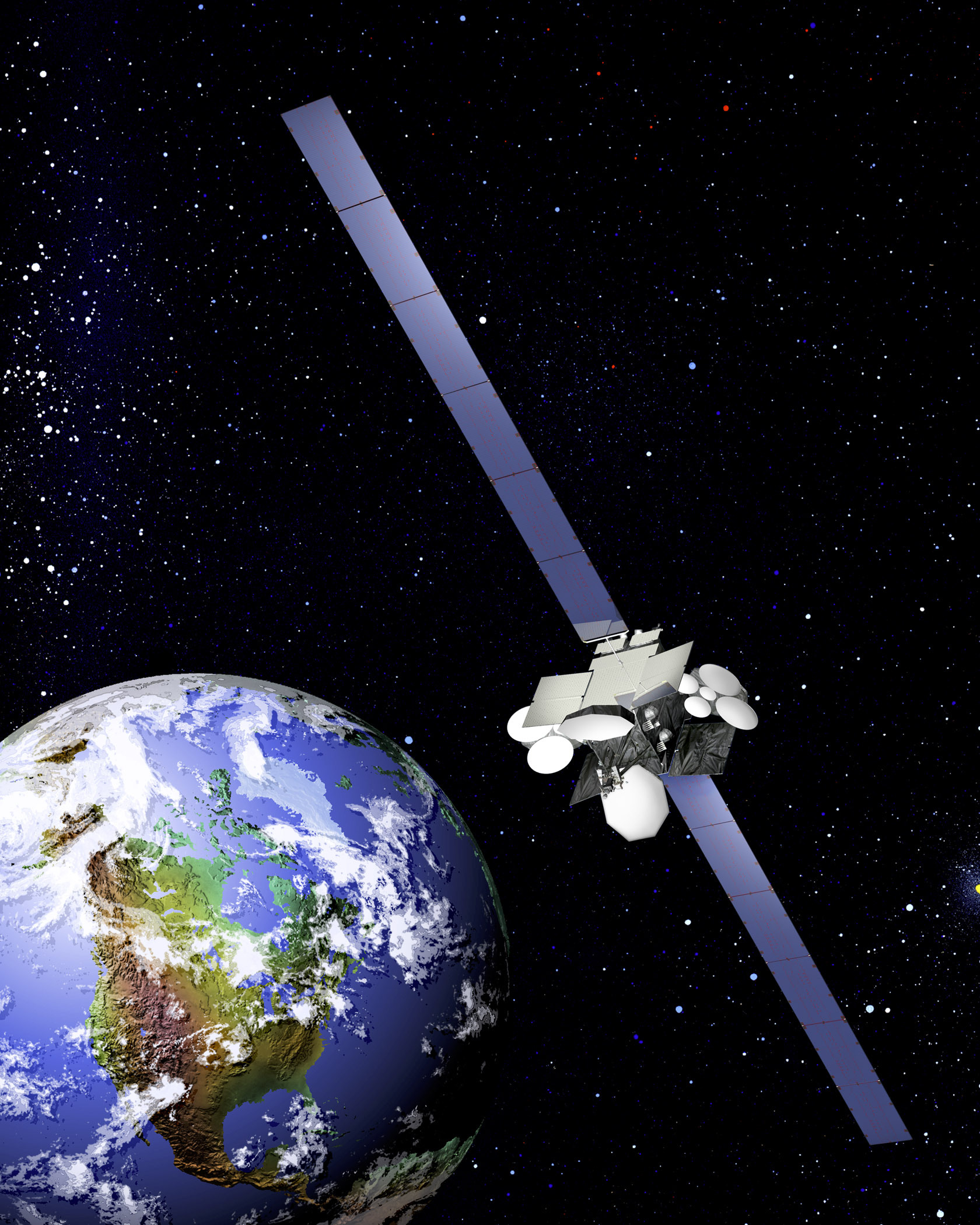
When it was launched, Anik F1 was the most powerful communications satellite ever built. This was Star Choice’s (Shaw Direct’s) first satellite in the Anik series. The solar panels degraded faster than anticipated, so Anik F1R was launched as a replacement for North America; F1 is still in use for South America.
Anik F2 is more than ten times larger than A1, and is still one of the largest and most powerful satellites in use. It introduced the use of Ka-band transponders, which allowed low-cost two-way satellite delivery of broadband Internet in remote regions of Canada through Xplornet.
*rg
